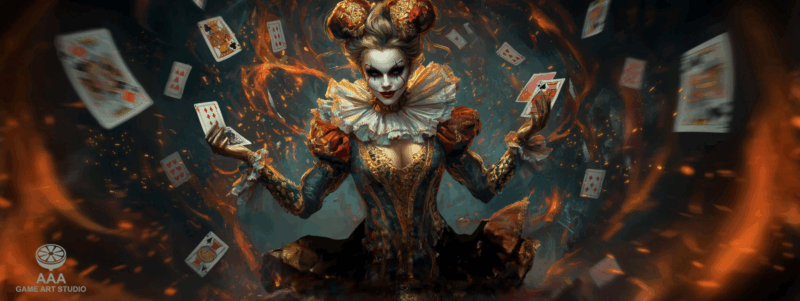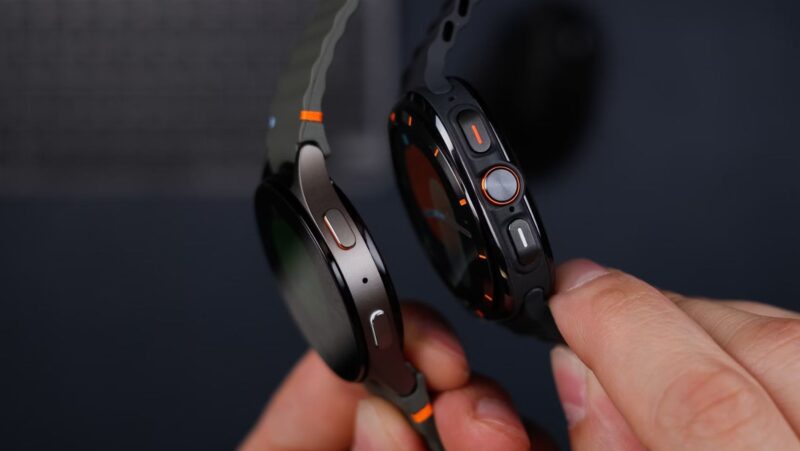Point and shoot cameras are getting cheaper, smaller and more accessible than ever before. DSLR’s have come down in price too but still require at least some knowledge of photography skills to use them correctly. This infographic explores the differences between these two types of camera models with practical comparisons
The “point and shoot vs dslr vs mirrorless” is a question that has been asked many times before. The difference between a point and shoot camera, DSLR camera, and mirrorless cameras are the lenses they use.
DSLR vs. point-and-shoot
Between a DSLR and a point-and-shoot, which would you choose? DSLRs are getting more and more inexpensive, and many people are wondering whether it’s time to ditch their point-and-shoot cameras in favor of a DSLR.
When compared to somewhat earlier DSLR counterparts, point and shoot cameras now offer a lengthy list of capabilities and features, such as face identification, GPS, and other new technologies are finding their way into the point and shoot business.
This has oversaturated the market, making it difficult for consumers to choose the best camera for their requirements.
A similar situation is occurring in the DSLR sector, where firms are segmenting the market in order to appeal to a wider range of prospective customers.
But one thing is certain: many individuals are stuck deciding whether to maintain their point-and-shoot cameras or bite the bullet and upgrade to a DSLR camera.
The advantages and disadvantages of point-and-shoot cameras and DSLRs will be discussed in this evaluation.
This will assist you in determining which camera is most suited to your requirements. If you’re one of those folks who can’t decide which camera is best for you, this evaluation is for you.
Advantages and Disadvantages of Point-and-Shoot Cameras
Lenses that are fixed
Fixed lenses are standard on all point and shoot cameras, so you won’t have to worry about changing lenses.
Massive Depth of Field (Depth of Field)
In layman’s words, point and shoot cameras do not distinguish between the foreground and the backdrop. As a consequence, they sharpen the whole scene by focusing on everything in the frame. This may be both a gain and a disadvantage.
Price
In comparison to DSLRs, point and shoot cameras are less expensive to purchase and maintain.
Size
Point and shoot cameras are tiny enough to put in your pocket and carry with you everywhere you go. If you’re always on the run, this camera is excellent for you.
Weight
Point and shoot cameras are relatively light because to their small size, and you don’t need bulky backpacks, tripod supports, or other equipment to carry or use them.
Cameras with a point-and-shoot lens have a number of drawbacks.
Quality
Point and shoot cameras are not equivalent to DSLRs in terms of quality due to the tiny image sensor, even if the point and shoot has more Megapixels.
Taking Pictures in Low-Light Situations
Low-light photography is difficult to do with point & shoot cameras.
DSLR Advantages and Disadvantages
Image Quality Improvements
In comparison to a point-and-shoot camera, a DSLR camera typically has a significantly bigger sensor. The sensor region of a point-and-shoot camera is around 3% to 5% of that of a full-frame DSLR image sensor.
Improved Light Sensitivity
With less noise, you can take a DSLR into a really dark situation and capture photographs that you couldn’t take with a point-and-shoot camera.
Shutter Speeds and Focus
A DSLR can quickly gain focus and photograph many stills per second. Some professional DSLRs can shoot photographs at up to 10 frames per second.
DoF is completely within your control (Depth of Field)
You are in charge of separating the backdrop from the foreground while using a DSLR. You may also use the aperture lens setting to bring everything into focus.
Inability to capture stills from a wide angle
Because most point-and-shoot cameras have lenses that start at 30mm, you won’t be able to capture a complete scene. As a consequence, you’ll have to take a step back in order to catch the complete picture.
Construction of High Quality
DSLRs are built to last, and although certain components are made of molded plastic, professional DSLRs are constructed of magnesium alloy and can withstand a lot of abuse.
In harsh settings, point-and-shoot cameras will fast fail.
Drawbacks
Complexity
DSLR cameras are tough to operate with; once you have one, you will need to devote a significant amount of effort to learning how to use it.
Regrettably, some individuals get irritated by the long learning process.
Pricier
DSLR cameras are more expensive than point-and-shoot cameras. Even a secondhand basic DSLR will almost certainly be more expensive than a high-end point-and-shoot camera.
However, the exorbitant expense of the camera does not end there; quality DSLR lenses are frequently more expensive than the camera itself.
Dimensions and Weight
The infants are large and hefty, and it may take some time to adjust to their size and weight. Furthermore, if you’re carrying them about in a duffel bag, your neck may begin to strain.
Last Thoughts
The ideal camera for you is determined by how you intend to use it.
Expert photographers, of course, utilize high-end DSLRs, but if photography is a passion for you, a point-and-shoot camera may be fun and demanding enough to help you develop your abilities.
The Best DSLR Cameras for Novices
Microphones for DSLR Cameras
External Camera Display
Deals on Nikon Cameras
Under $1000, the best DSLR camera
Nikon’s Best Portrait Lens
DSLR vs. Point and Shoot
Watch This Video-
The “positive and negative aspects of dslr camera” is a question that has been asked many times. The difference between the two is that point and shoot cameras are less expensive, but they lack in image quality. DSLR cameras are more expensive, but they offer superior image quality.
Frequently Asked Questions
What are point and shoot cameras good for?
A: Point and shoot cameras are very good for taking pictures. They use a lens to focus on your subject, click the button to take a picture, and its done!
Do professional photographers use point and shoot cameras?
A: Professional photographers can also use point and shoot cameras. They might opt to do this due to the fact that they want a more versatile camera with less control over settings, such as aperture or shutter speed.
Is DSLR better than digital camera?
A: DSLR is a type of camera that has many different lenses, which are used to take photographs. Digital cameras use digital sensors for capturing images and need batteries or power cords in order to function. The main difference between the two types of cameras is how they capture their photos.
Related Tags
- what is point and-shoot camera
- point and shoot camera vs dslr
- point and shoot camera disadvantages
- point and shoot camera advantages
- positive aspects of dslr camera







